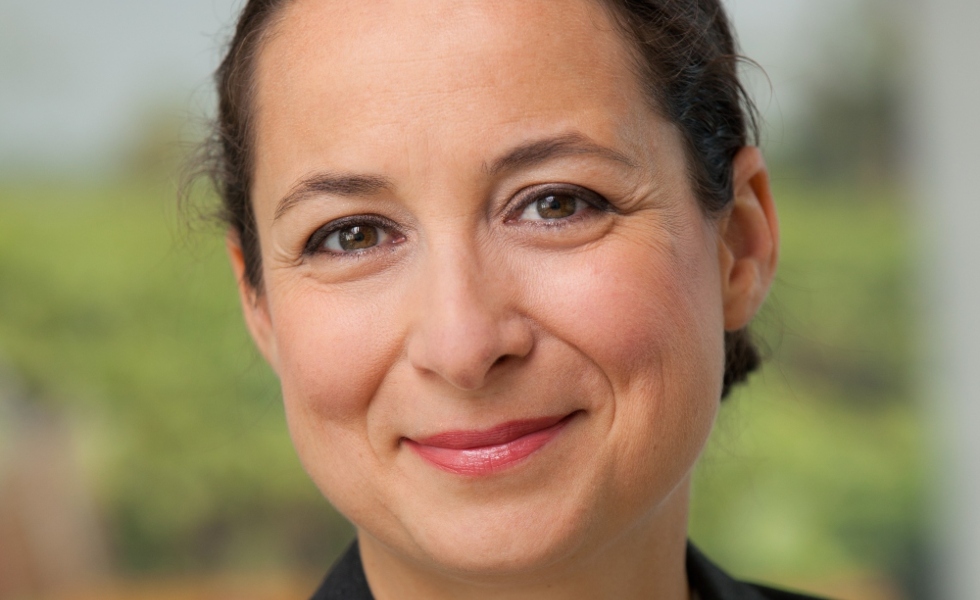Laure Wessemius-Chibrac (NAB): The roller-coaster of impact investing
Laure Wessemius-Chibrac (NAB): The roller-coaster of impact investing

By Laure Wessemius-Chibrac, Managing Director Stichting NAB
After years of trying to get corporations, governments and financial institutions to take action and cross the bridge to invest for positive impact we are finally reaching a momentum. But the road is still full of challenges and the sector will need cooperation between all groups of stakeholders to confirm the early successes.
Over the past few years I have been living in a constant state of dread and hope. My climate anxiety was triggered 5 years ago, when Donald Trump was elected. As I watched in disbelief the result of the elections, I realized that the consequences for the fight against climate change were going to be disastrous.
It was almost unbearable. And then everywhere in the world people, organisations, corporates and even governments took action and re-lighted my hope. Cities and corporations in America set their own environmental targets, Emmanuel Macron made me proud to be French when he launched the ‘Make Our Planet Great Again’ initiative, Greta Thunberg inspired my children to embrace their future and speak up. Countless other initiatives have supported me in my quest to reach more positive impact.
Acceleration of the transition
More recently the dread has returned at the alarm raised by the IPCC report and the consequences the man-made climate crisis will have not only on the future of mankind but also already has on its present. Not that the sector did not know about it, but somehow the fact that officials have stopped downplaying the whole crisis acts like a magnifier.
The recent extreme weather events close to home and far away are yet again another testimony of what is to come. And, for the first time in years, the progress made on the SDGs has suffered a massive setback during the COVID-19 pandemic.
Ironically, this unfortunate bad news has started to trigger an acceleration of the transition towards more sustainability and more equity, a sense of extreme urgency not only among public opinion but also in the public and private sectors.
PME, one of the largest Dutch pension funds, recently announced its intention to step out of oil & gas and to replace these investments with renewable energy. I am certain that many more will follow in the financial and corporate sectors.
Trust takes years to build
Finally! The supply of capital aimed at doing good is increasing. However there has never been a more critical moment for impact investing. The challenges are still massive: for instance, how are we going to reconcile the abyssal gap between institutional money and impact projects?
Impact is a young sector, and in some aspects still lacks the maturity and track record of the old ‘grey’ economy to be a preferred candidate for investment. Institutional investors are heavily (self) constrained by regulations and the force of habit (there is probably nothing more resistant to disruption and new business models than the board of most financial institutions…).
‘Trust takes years to build, seconds to break, and forever to repair’. The impact investing sector should not miss the opportunity to deliver on its promises nor should it lose its integrity to cater for the placing needs of the fresh supply of capital. Dilemmas…
Time to join forces
Now more than ever, all the stakeholders of the impact investing ecosystem must join forces and collaborate to address the upcoming challenges. In a few days, a collective effort lead by the Netherlands Advisory Board on impact investing (Stichting NAB) will launch a diagnostic study of the State of Dutch impact investing ecosystem.
Its purpose will be to identify the barriers to scaling up impact investing in the Netherlands. Now is the time for stakeholders to join forces, tackle the challenges and develop solutions for an efficient and scalable impact investing ecosystem.
Now is the time for action.










